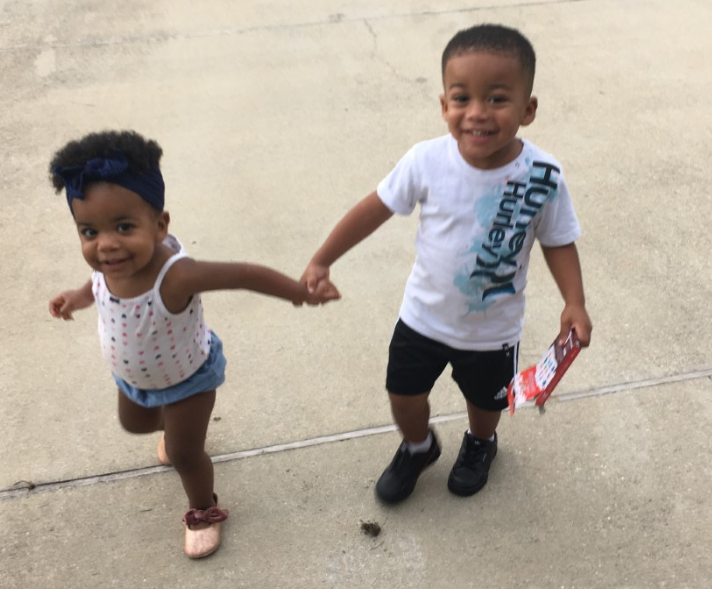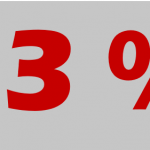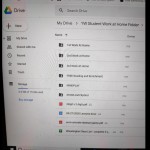“When I grow up, I want to be a __________”.
This is one of the earliest conversations I have with my students and the one I hear them talk about with the most ease. It would feel negligent to not have this conversation. After all, the point of a Montessori education is to prepare the child to become a contributing adult member of society. Therefore, I am frequently checking my approach and learning opportunities to ensure that I am exposing students to experiences and opportunities that will build up background knowledge about future career and lifestyle choices.
This early exposure is more important than I realized. Technology and globalism continue to create ongoing shifts in our economy. Unfortunately, many of our students are not keeping up with the effects these shifts are having in our employment arena. Many of their current “dream jobs” are based on trends from ten years ago may become automated or are limited in scope (Sparks, 2020). This is causing several viable and well-paying career options to go unexplored while more popular choices are overpopulated and/or less financially lucrative.
The 2018 study Drawing the Future shows that children begin to shape their career choices as early as age 7 and these ideals often stay with them into the teen years while continuing to be largely gender-based. With reference to future job availability, projections suggest that this is not necessarily a bad thing. For example, girls continue to want to be nurses and nursing is projected to be a high demand and good paying job over the next 10 years. But all things medical/direct care related will be in high demand thanks to advanced medicine and the baby boomers. Yet our girls are more likely to pursue becoming a Nurse Practitioner than a doctor.
To help increase flexibility and awareness, it is important that students are exposed to the many alternative career avenues that will be in demand and with less competition (Sparks, 2020). This will most likely need to occur within the school day as most families only expose children to the employment opportunities that they have access to.
To take this a step further, it would be beneficial to include discussions about lifestyle choices during these times of exploration. Schools have made significant improvements over the years in respecting the individual preferences of students. But this is not the lifestyle choice that I am referencing.
Knowing how you want to live is just as important as knowing what you want to do (or more so).
When discussing “What I want to be” with my students, we take time to explore their confidence level by turning it into a belief statement. I ask them “Do you believe you will?” Their responses open up conversations about access, opportunity, self-perceptions, and resources that let me know how to support them in pursuing their goals. Next, I also ask them questions to get them to think about their future quality of life.
“How do you want to spend your days?”
“When do you want to be financially independent (retire)?”
“Will you be able to do well in this career and live this lifestyle? If not, how else can you generate income?”
The point of these questions is not to kill their dreams or desires. Instead, the point is to get them to start pondering the choices they need to make to live the life they want to live. It gets them to think about the everyday people that are living that way now and recognize that this can also be their reality. It also provides me with insight into the practical life lessons I need to provide in my class that are not in our state standards (hint: mostly all things money and business-related).
When I hold discussions with my students about what they believe they will be when they grow up, I continue to get a range of career choices such as a doctor, lawyer, chemical scientist, Army pilot, veterinarian, and actress.
But, once in a while, I get a student that says:
“I believe I will be a millionaire.”
And with a smile I tell him/her the same thing that I tell the others:
“Yes, I believe that you will be, too.”










Comments 4
I love this, Yolanda. I see so many of my students who have a career in mind but no idea what that will mean for their lives. They haven’t considered the training to get there, or the pay and lifestyle they’ll have. I love that you have them thinking about the life they will have, not just the career.
Thank you for your feedback
This is great, Yolanda! Get students to dream big. Ask them how they plan to achieve this. Get them thinking about the choices they are making and how that might develop habits (good or bad) for their future. This helps with motivation as well because most jobs they choose requires hard work and dedication. Thanks for sharing!!
Thank you for the encouragement!